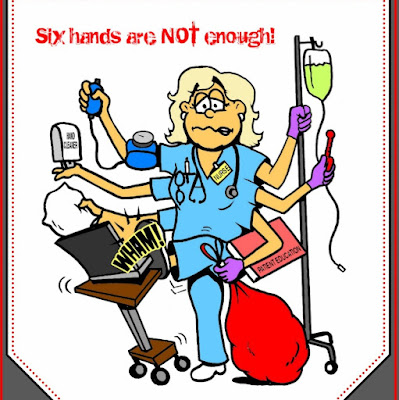What You Need To Know About HIV/AIDS
This will also serve as a reminder of the basic facts about HIV/AIDS.
- Prompt treatment can turn this deadly disease into a chronic disease.
- Timely anti-retroviral treatment (ART) can help at every stage of the disease, slowing, or even preventing, progression to the next stage.
- HIV stands for the human immunodeficiency virus, a mighty microbe that attacks the immune system. The immune system is your body’s defense against any infection.
- HIV is spread through body fluids, such as blood and intimate contact. It is not spread through casual contact, such as being in the same room as someone who is infected, breathing the same air as someone who carries the virus, or by touching toilet seats or doorknobs.
- You cannot get HIV from water fountains nor from exercise equipment at the gym.
- You cannot get HIV from hugging, kissing, or shaking hands with an HIV-positive person.
- It is not spread through mosquitos.
- The most common ways HIV spreads are through sex and used needles.
- You cannot tell who has HIV by looking at the person, especially since one out of seven people with the virus do not know they have it.
- The virus can replicate rapidly once it has entered a new host.
- Symptoms similar to the flu – headache, body aches, fatigue, and nausea – may occur two to four weeks after the initial infection but many people have no symptoms for years.
- The HIV virus destroys the immune system, depleting the body’s ability to fight infections.
- Infections rare in those with healthy immune systems can take advantage of the opportunity to attack someone with an immune deficiency, someone without strong defenses.
- These destructive “opportunistic” infections include rare fungal, bacterial or viral diseases in the lungs, brain, eyes, or stomach.
- With depleted immunity and opportunistic infections, the HIV infection progresses to AIDS, acquired immune deficiency syndrome.
- The dramatic weight loss and muscle wasting, chronic diarrhea, respiratory problems, blindness, and dementia that occurs with AIDS are the damage of opportunistic infections the body can no longer resist.
- The sooner a person knows he or she is infected and starts treatment, the better his or her chances of keeping the infection off its destructive path.






No comments:
Comments for this blog are held for moderation before they are published to the blog.
Note: Only a member of this blog may post a comment.